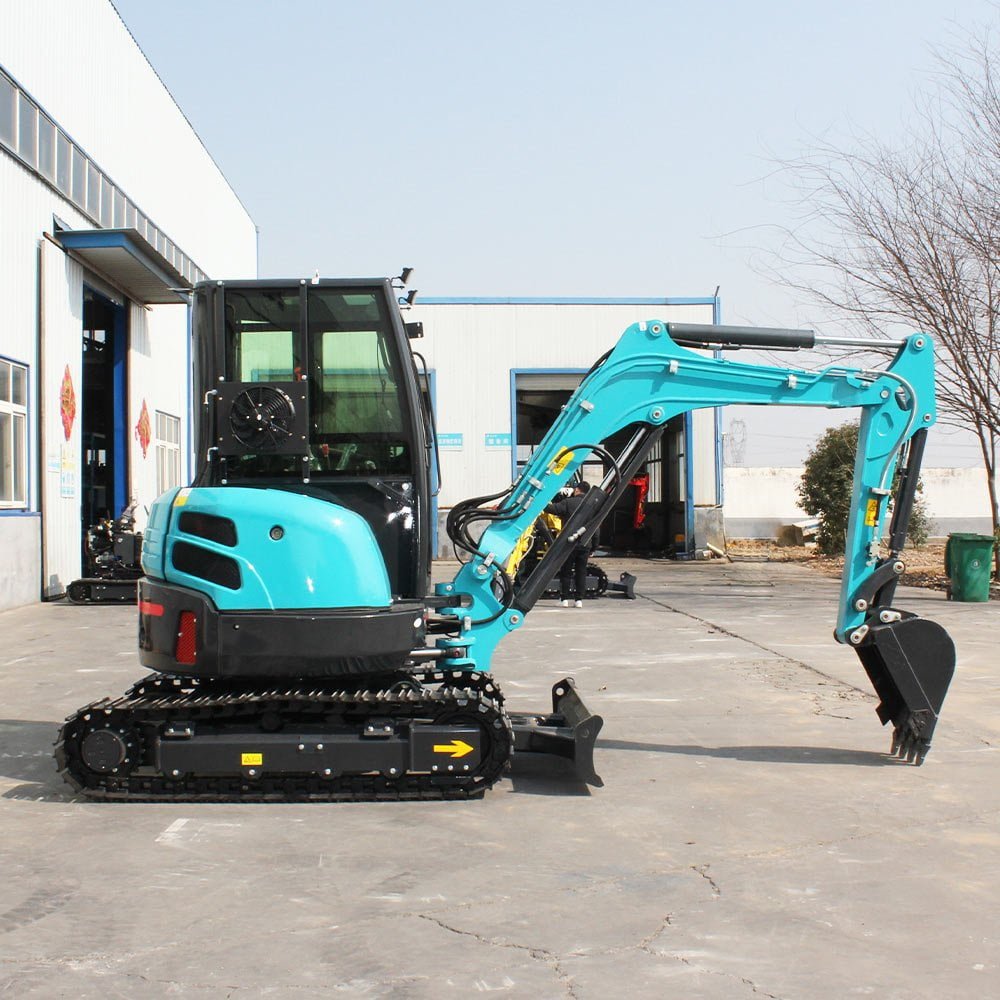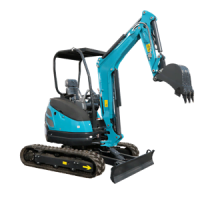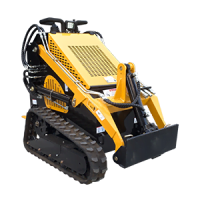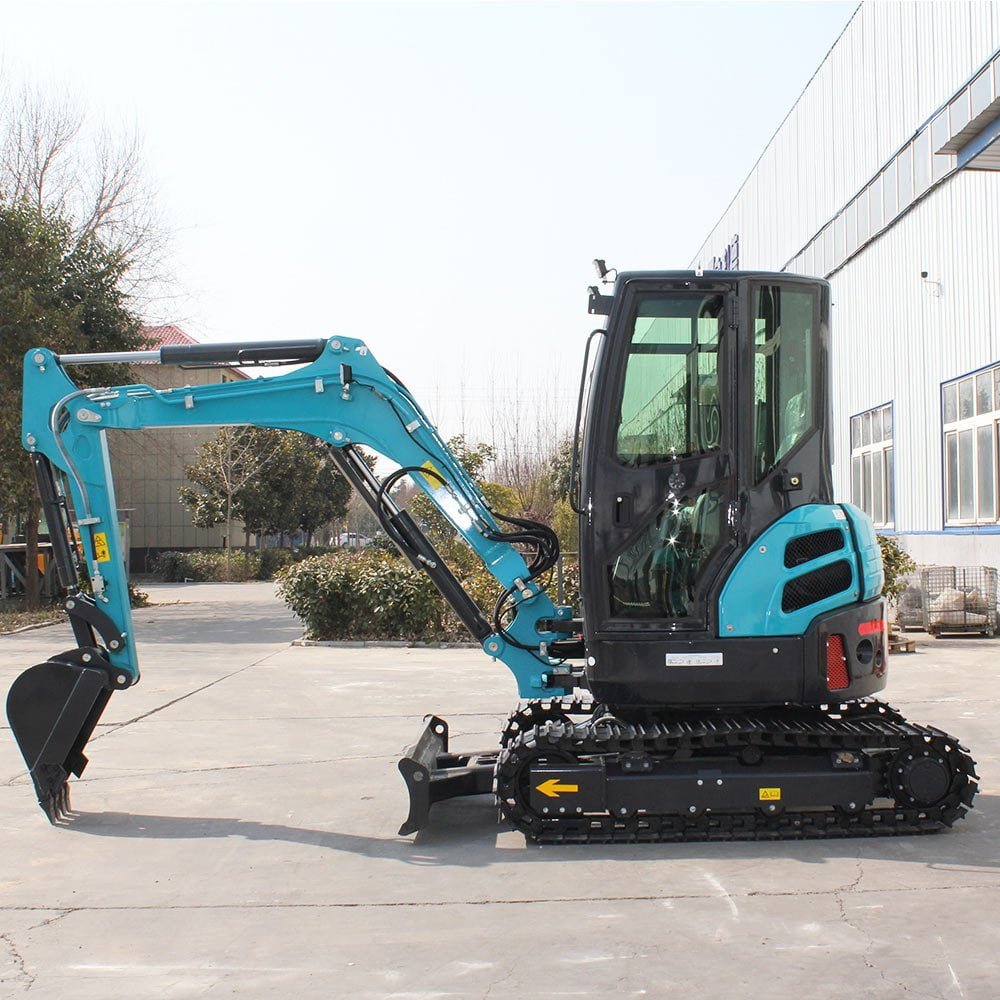Introduction
Excavator backhoes are powerful machines that play a vital role in the construction and excavation industry. These versatile pieces of equipment are capable of performing various tasks, from digging trenches to loading materials. However, operating an excavator backhoe requires specialized skills and knowledge to ensure safety and efficiency on the job site. In this comprehensive guide, we will delve into the world of excavator backhoe operation, focusing on the training and certification requirements necessary for operators to master these machines.
H1: The Significance of Proper Training and Certification

H2: 1. Ensuring Safety
Proper training and certification are essential for preventing accidents and injuries during excavator backhoe operations. Well-trained operators are more likely to make safe decisions on the job site.
H2: 2. Enhancing Efficiency
Skilled operators can maximize the machine’s capabilities, leading to increased efficiency and productivity in construction and excavation projects.
H2: 3. Compliance with Regulations
Many regions and countries have regulations and standards in place that require operators to be certified before operating heavy equipment like excavator backhoes.
H1: Understanding Excavator Backhoe Operation
H2: 1. Machine Components
Before diving into training requirements, it’s crucial to understand the key components of an excavator backhoe, including the tractor unit, hydraulic systems, backhoe arm, loader arm, and various attachments.
H2: 2. Versatility
Excavator backhoes are known for their versatility, capable of performing digging, trenching, loading, and material handling tasks. This versatility makes them indispensable on construction sites.
H1: Operator Training Requirements
H2: 1. Formal Training Programs
One of the most common paths to becoming a certified excavator backhoe operator is through formal training programs offered by vocational schools, community colleges, or specialized training centers.
H2: 2. On-the-Job Training
In some cases, operators may receive on-the-job training from experienced colleagues or supervisors. However, this should be supplemented with formal training to ensure comprehensive knowledge.
H2: 3. Training Curriculum
Training programs typically cover a range of topics, including machine operation, safety protocols, maintenance procedures, and emergency response.
H1: Certification Processes
H2: 1. Written Examinations
Certification often involves written examinations to assess an operator’s theoretical knowledge of excavator backhoe operation, safety regulations, and maintenance practices.
H2: 2. Practical Testing
Practical testing evaluates an operator’s ability to operate the machine safely and efficiently. It includes tasks such as digging, trenching, and loading.
H2: 3. Licensing
In some regions, operators may be required to obtain a specific license to operate an excavator backhoe legally.
H1: Ongoing Training and Continuing Education
H2: 1. Staying Current
To maintain their certification, operators should participate in ongoing training and continuing education programs to stay up-to-date with industry advancements and safety standards.
H2: 2. Equipment Upgrades
As excavator backhoe technology evolves, operators must adapt to new features and control systems. Ongoing training ensures they can effectively operate the latest machines.
H1: Safety and Best Practices
H2: 1. Safety Protocols
Operators must adhere to strict safety protocols, such as conducting pre-operation inspections, wearing appropriate personal protective equipment (PPE), and maintaining clear communication on the job site.
H2: 2. Preventive Maintenance
Regular equipment maintenance, including checking hydraulic systems, lubricating moving parts, and inspecting attachments, is crucial for safety and performance.
H1: International Variations
H2: 1. Regional Differences
Training and certification requirements may vary by region and country. It’s essential to understand the specific regulations that apply to your location.
H2: 2. Global Standards
Some international organizations, like the International Organization for Standardization (ISO), provide guidelines and standards for heavy equipment operation and safety.
H1: Conclusion
Operating an excavator backhoe is a highly specialized skill that demands proper training and certification. The significance of safety, efficiency, and compliance with regulations cannot be overstated in the construction and excavation industry. Whether through formal training programs or on-the-job experience, operators must acquire the knowledge and skills necessary to operate these versatile machines safely and effectively. Ongoing training and a commitment to best practices ensure that certified excavator backhoe operators remain at the forefront of safety and efficiency, contributing to the success of construction and excavation projects worldwide.






-1.png)